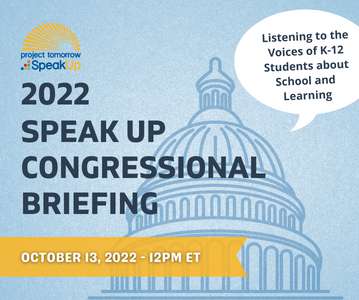Powerful Learning is Authentic and Challenging
Digital Promise
JANUARY 18, 2019
In this series we explore Powerful Learning, a set of principles to guide educators designing learning experiences that engage the hearts and minds of learners and incorporate technology in ways that contribute to closing the Digital Learning Gap. Powerful learning must be authentic and challenging.















Let's personalize your content